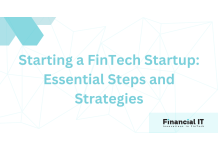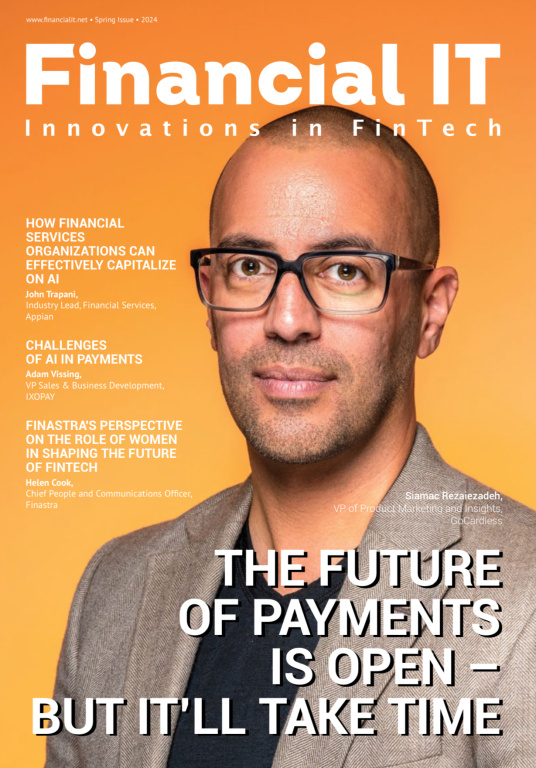Artificial Intelligence

- Mark Smith, Head of Innovation Practice at Ayming
- 08.08.2019 10:15 am Artificial Intelligence
Computer algorithms and applications that perform tasks previously done by humans are changing the world as we know it. All sectors and industries are being disrupted at some level. Tasks, often time-intensive, that had to be done by humans, such as image or speech recognition, can now be completed in an instant, and with increasing reliability.
AI works through technologies such as Neural Networks, Machine Learning and Natural Language Processing (NLP). These technologies are used to create algorithms that are fed data to create innovative applications such as self-driving cars.
In the finance sector, AI’s influence can best be seen in banking. Applied to payment and transaction processes, AI is supporting fraud prevention and boosting detection.
Investment banks, with their bigger R&D budgets, are leading the way, but the technology has begun to filter down to retail banks. In 2018, HSBC announced it would be using AI in the detection of money laundering, fraud and terrorist funding.
AI is playing a growing role in banking not only behind the scenes but on the front lines. As early as 2010, Santander launched its knee-high ‘red robots’ to guide its Spanish visitors to its new visitor centre in Madrid. But now we are seeing the rise of the chatbot, a relatively low-cost application of AI. Customer-facing positions within banks and insurance companies are starting to be filled by these virtual assistants. Meanwhile, UBS has been using Amazon’s Alexa for its online customer service, and digital wealth manager Nutmeg, the UK’s largest robo-advisor, gives its 60,000 clients AI-directed advice on investment management and products.
The growing sophistication of NLP over the last few years has made it harder for customers to tell whether they are interacting with a robot or another human. Chatbots can advise customers on the best investments for their personal needs. Their advocates argue that chatbots have the knowledge to take a far more holistic view than human staff, better meeting the demand for a comprehensive range of services offered at lower price points. This can also have a democratising effect, as more sophisticated investment advice – previously only available to much wealthier clients – can be offered more widely and in a form readily acceptable to digital-savvy consumers.
Operational efficiency can be better served by exploiting AI. In 2017, JP Morgan announced its new Contract Intelligence Platform, or CoIn for short, a system to review legal contracts, “extract value and service our loans”. The US banking behemoth reports that while staff were able to process 12,000 credit agreements per year, CoIn could tackle thousands per second “with less error and greater efficiency”.
AI-enabled tools are also likely to play a part in managing the potential conflicts in Europe between data sharing, driven by the Open Banking initiative, and data protection, under the GDPR customer privacy regulations.
While the power of AI is hugely significant, it’s important to note the potential pitfalls and limitations. Using algorithms can leave companies open to bias. As with all computing, the ‘garbage in, garbage out’ mantra applies. AI is only as good as the data that is fed into it. Inaccuracies will be reflected in the outcomes of the data analysis process. Other industries such as advertising have already seen the negative impact algorithmic bias can have. For example, AI at YouTube broadly demonetised channels and videos. Microsoft highlighted the dangers of teaching AI using public data when its chatbot Tay soon began to parrot the racist prejudices of some of its human correspondents. In the financial sphere too, there is ample opportunity for innovators to ‘clean’ and improve the quality of data, and to support ever-more efficient pattern recognition.
AI in finance is still only in its infancy. According to the Financial Times, “rather than racing towards an AI enabled future, the industry is feeling its way forward”. Potentially, all routine tasks that are rules-based, in areas such as insurance and asset management, could be automated. Currently, AI applications are designed to perform a specific task. However, there is the potential for introducing a multi-tasking element that will allow for more sophisticated applications – from fraud prevention or allocation of investments to retail banking services.
The potential to exploit AI in the insurance sector extends much wider and can engage customers in new ways that provide mutual benefits. At least one major insurer is investing in AI photo recognition and smartphone applications that would help householders ensure that their possessions are identified and valued accurately so as to get the most appropriate level of cover and premium.
Finance is a multi-faceted industry with a wealth of potential applications for AI that will enhance services to customers and spur operational efficiency in backoffice functions. The technology will drive down costs and automate roles, while also spurring innovation in products and services, and widening the market to new customers as banks and service providers seek competitive advantage, let alone secure their survival in the digital age.


























